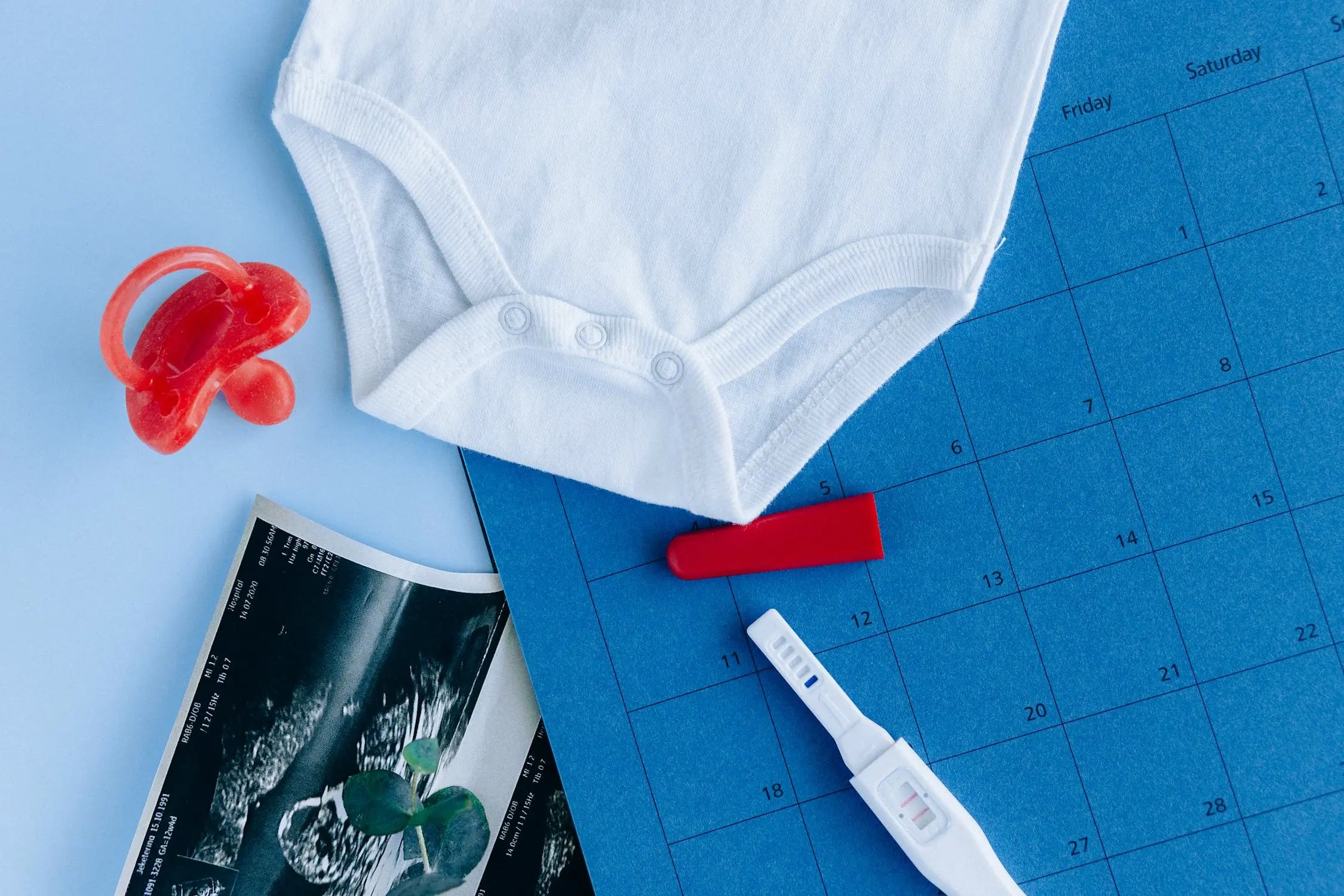Accueil
Pregnancy, Breastfeeding, and Pumping: The Ultimate Guide for Moms
When Should You Go to Doctor After Positive Pregnancy Test: A Complete Guide

When Should You Go to Doctor After Positive Pregnancy Test: A Complete Guide
Finding out you’re pregnant can be one of the most exciting moments of your life. A positive pregnancy test often sparks a whirlwind of emotions, from joy and anticipation to nervousness and uncertainty. But once the initial excitement settles, a critical question arises: when should you go to the doctor after a positive pregnancy test? Understanding the right time to seek medical care is essential for ensuring a healthy pregnancy and addressing any potential concerns early on.
Understanding the Importance of Early Prenatal Care
Early prenatal care is vital for both the mother and the developing baby. Visiting a doctor soon after a positive pregnancy test allows healthcare providers to monitor your health, confirm the pregnancy, and identify any potential risks or complications. Prenatal care also provides an opportunity to receive guidance on nutrition, lifestyle changes, and supplements that support a healthy pregnancy.
When to Schedule Your First Doctor’s Visit
Generally, it’s recommended to schedule your first prenatal appointment within the first 6 to 8 weeks of pregnancy. This timing is based on the first day of your last menstrual period (LMP). However, if you have a history of medical conditions, such as diabetes, high blood pressure, or previous pregnancy complications, you may need to see a doctor sooner. Additionally, if you experience symptoms like severe cramping, bleeding, or dizziness, seek medical attention immediately.
What to Expect During Your First Prenatal Visit
Your first prenatal visit is typically the most comprehensive. During this appointment, your doctor will likely:
- Confirm the pregnancy through a blood test or ultrasound
- Review your medical history and discuss any pre-existing conditions
- Perform a physical exam, including a pelvic exam
- Estimate your due date
- Order routine blood tests and screenings
- Provide advice on prenatal vitamins, diet, and exercise
This visit is also an excellent opportunity to ask questions and address any concerns you may have about your pregnancy.
Signs That Require Immediate Medical Attention
While most pregnancies progress without major issues, certain symptoms warrant immediate medical attention. These include:
- Heavy vaginal bleeding or spotting
- Severe abdominal pain or cramping
- Persistent nausea and vomiting
- Fever or chills
- Painful or burning urination
- Sudden swelling of the hands, face, or feet
If you experience any of these symptoms, contact your healthcare provider right away or visit the nearest emergency room.
Benefits of Early Prenatal Visits
Early prenatal visits offer numerous benefits, including:
- Early detection and management of potential complications
- Monitoring the baby’s growth and development
- Establishing a relationship with your healthcare provider
- Receiving personalized advice on maintaining a healthy pregnancy
- Reducing the risk of preterm birth and low birth weight
By prioritizing early prenatal care, you can take proactive steps to ensure a smooth and healthy pregnancy journey.
Common Tests and Screenings During Early Pregnancy
During your initial prenatal visits, your doctor may recommend several tests and screenings to assess your health and the baby’s development. These may include:
- Blood tests to check for anemia, blood type, and infections
- Urine tests to detect urinary tract infections or other conditions
- Ultrasound to confirm the pregnancy and check for fetal heartbeat
- Genetic screenings to assess the risk of chromosomal abnormalities
These tests provide valuable information that helps your healthcare provider tailor your prenatal care plan.
How to Prepare for Your First Prenatal Visit
To make the most of your first prenatal visit, consider the following tips:
- Write down any questions or concerns you have
- Bring a list of your current medications and supplements
- Be prepared to discuss your medical history and family health history
- Bring a notebook or use your phone to take notes during the appointment
Being prepared ensures that you leave your appointment feeling informed and confident about your pregnancy.
Myths About When to See a Doctor After a Positive Pregnancy Test
There are several misconceptions about when to seek medical care after a positive pregnancy test. Some believe that a doctor’s visit isn’t necessary until the second trimester, while others think that only high-risk pregnancies require early care. In reality, all pregnancies benefit from early prenatal visits, regardless of risk level. Dispelling these myths can help you make informed decisions about your healthcare.
Frequently Asked Questions
Q: Can I wait until I’m further along to see a doctor?
A: While it’s possible to wait, early prenatal care is highly recommended to ensure the best outcomes for you and your baby.
Q: What if I don’t have a regular doctor?
A: If you don’t have a primary care physician or obstetrician, consider reaching out to a local clinic or healthcare provider who specializes in prenatal care.
Q: Is it normal to feel anxious before my first prenatal visit?
A: Yes, it’s completely normal to feel nervous. Remember that your healthcare provider is there to support you and answer any questions you may have.
Taking the Next Steps
Once you’ve scheduled your first prenatal visit, focus on maintaining a healthy lifestyle. Eat a balanced diet, stay hydrated, get plenty of rest, and avoid harmful substances like alcohol and tobacco. These small steps can make a big difference in your pregnancy journey.
Knowing when to go to the doctor after a positive pregnancy test is a crucial step toward ensuring a healthy pregnancy. By seeking early prenatal care, you can address potential concerns, receive valuable guidance, and set the stage for a positive and rewarding experience. Don’t wait—take the first step toward a healthy pregnancy today!
Partager
